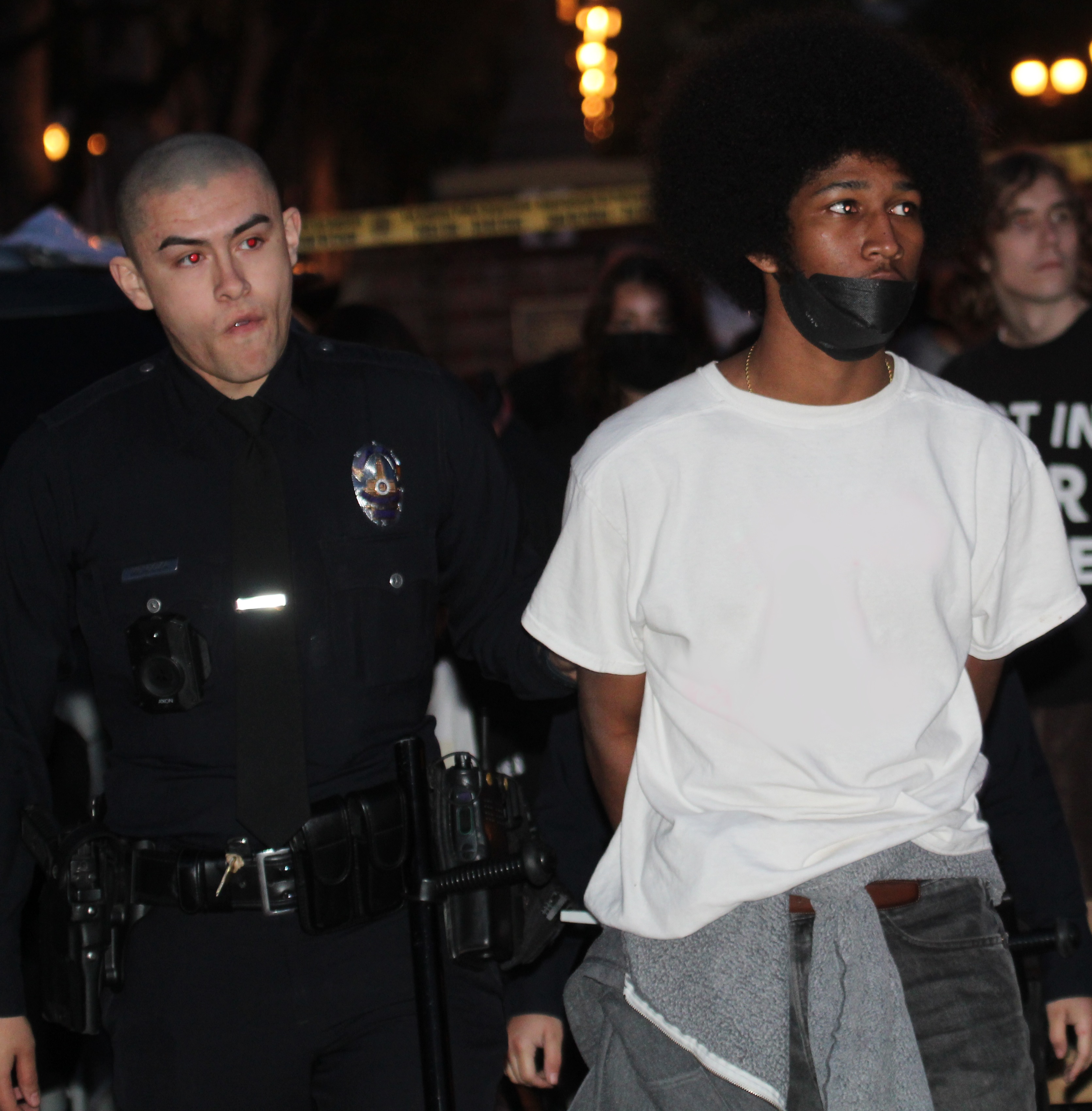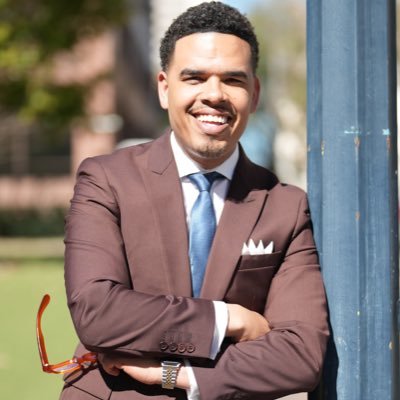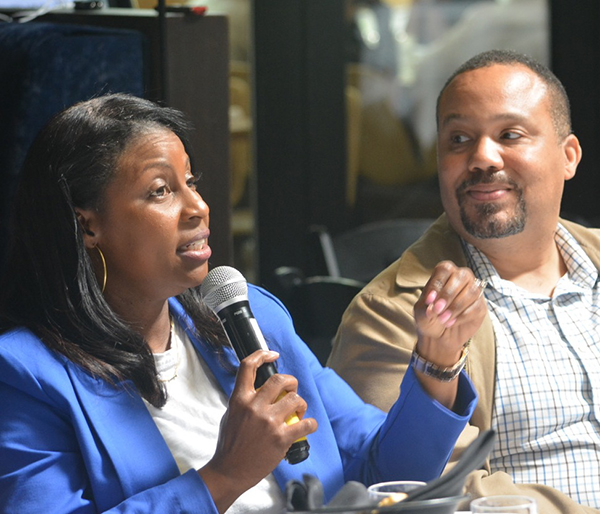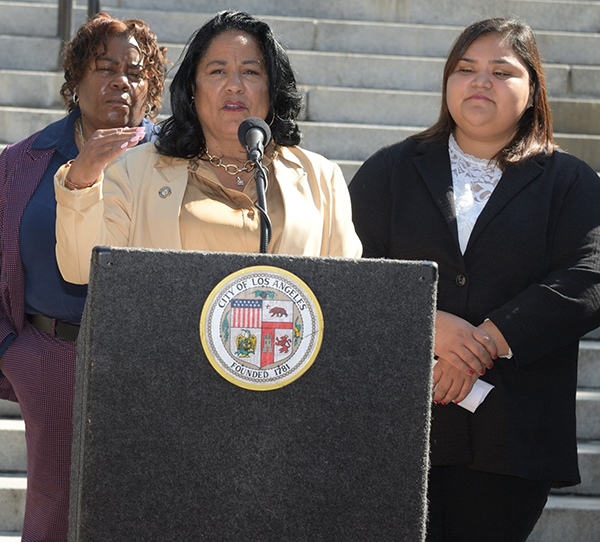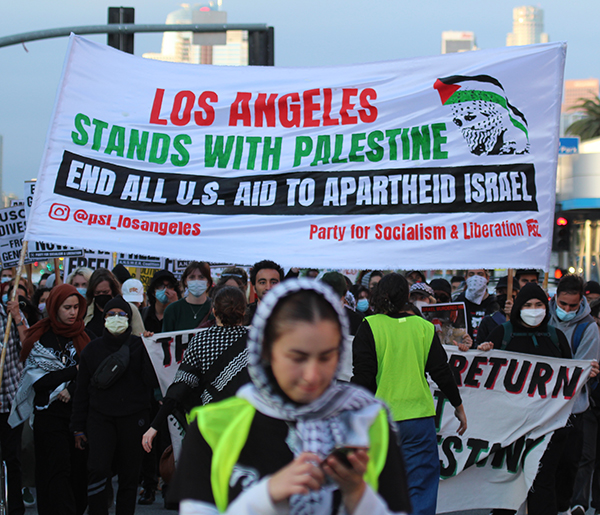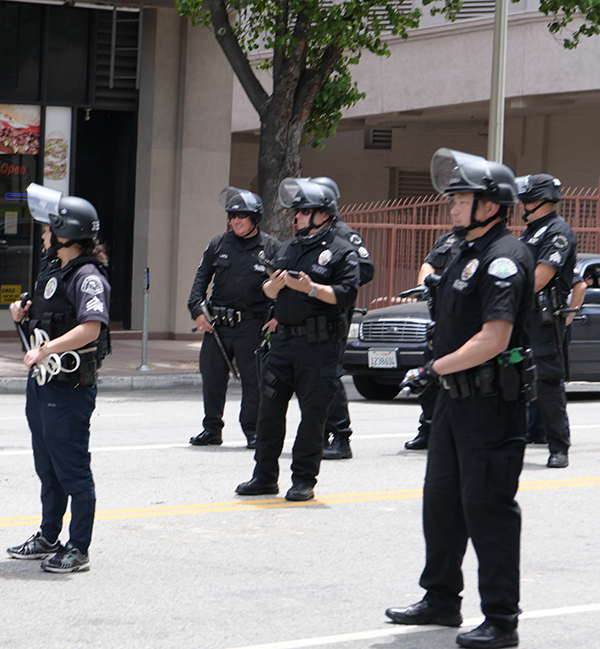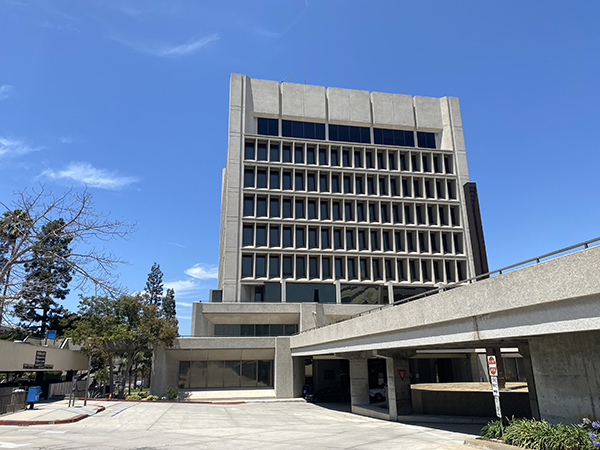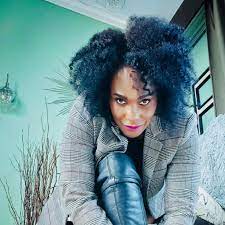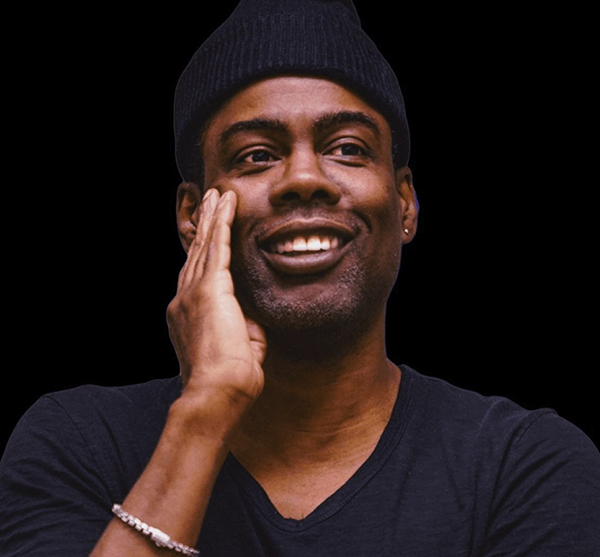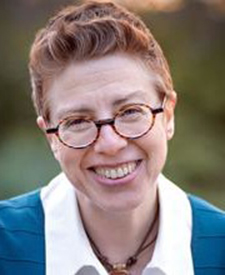By Darlene Donloe
Contributing Writer
LOS ANGELES — Sardia Robinson has a story to tell — and it’s a beaut!
All is revealed in her play, “From A Yardie to a Yankee,” at Theatre West one night only Feb. 10.
Written, directed, and performed by Robinson, the play is a very personal journey that reveals the comedy and tragedy of her life living in Kingston, Jamaica, and America.
“From A Yardie to a Yankee,” filled with 11 different characters, is a true story of her courageous journey from the murderous streets of Kingston, Jamaica, to the deadly consequences of Chicago’s drug wars.
It is not an easy story to tell, but it is thought provoking and entertaining.
Born into a poverty-stricken Jamaican neighborhood, Robinson had to overcome numerous hurdles in everyday life. Even as a young girl, she dreamed of becoming a Hollywood actress.
Then, an unplanned pregnancy added yet more hurdles. Robinson’s engaging and unique storytelling style takes audience members on an emotional rollercoaster ride filled with pain, suffering, humor, engaging characters and the resolute will to survive.
Robinson, an award-winning Jamaican/American writer, actress and producer, is a married mother of two sons. She studied theater at Columbia College in Chicago. In 2014, she won the Innovative Woman in Theatre award at the Hollywood Fringe Festival. She has lived the last 38 years of her life in America.
I recently caught up with Robinson to discuss her autobiographical one-woman show.
DD: Why did you want to study theater?
SR: When I lived in Jamaica with my grandmother and aunt, I was always talkative and a nosey kid, always in grown folks’ business, according to my grandmother. I was writing sketches and acting them out. My grandmother called me a little actress. I didn’t know what that was. My cousin was in the theater in Jamaica. I was 7 years old when he took me to the theater. They were rehearsing. I remember saying, I wanted to do that.
DD: So you were raised by your grandmother. Where were your parents?
SR: My mom was in the USA. I was raised in a low-income neighborhood. Theater wasn’t something I could pursue at the time because we didn’t have the money. In high school, I was taught home economics. No acting during my teenage years. It wasn’t considered a career move. I didn’t perform on stage because we didn’t have the money to put me in those programs. Any time I got a chance to act, I would do it. I was always performing. I had imaginary friends. There was “Ring Ding” in Jamaica — a show. Louis Bennett, a poet, ran it. My cousin took me to the show and it was so much fun. I told my aunt I wanted to be on “Ring Ding.” I was 12. They took me, I got in. “Ring Ding” is like the Disney kids. I was a “Ring Ding” kid.
DD: Tell me about “From A Yardie to a Yankee.”
SR: I moved to Chicago when I came to America. I wanted to be in college. I went to Columbia. I found out I could get a degree in theater. I went there for journalism. I decided to study theater. I was also doing stand-up comedy. I would talk about my story of coming to America and having boys. Then I moved to L.A. to pursue acting. I was encouraged to do a one-woman show. I started writing “Yardie to a Yankee.” I put comedy and the tragedy of my life together. I wrote those stories. I wrote the lighter side of it. The trauma and tragedy I was suppressing those things. While writing, they came forth. I realized I had a story to tell.
DD: How deep do you get?
SR: I get really deep. I take it from being born in the country, moving to Kingston, my mom dropping me off at my aunt’s, and moving to America. My dad left when I was 2 years old. I never saw him again. Well, he came back when I was 10 to visit. He then never came back. I’ve seen him one time since. My sister was murdered in Chicago. I was 26, she was 22. I didn’t see my mother until I was 20. My mom had five kids — three of them with my dad.
DD: Talk about them.
SR: Mom and dad were young. Mom was 13 when she had her first child, and 15 when she had me. My father was 17. They were young and didn’t know how to raise kids. Dad left when mom was pregnant with her third child. He left and moved to Canada with another woman, who had a child. When they came back – she had one child and my father took one of his kids. I asked him why he didn’t take all of us. He took the first born, who had a lighter complexion. He said he only wanted the light-skinned one. He was high yellow. He is half-Syrian. As a child I thought I wasn’t pretty or light enough. They all went to Canada. I did have a relationship with that sister.
DD: Was writing this cathartic?
SR: It was at the time. It’s still part of my being. I’ve been doing it since 2009. When I started writing it, it was like going through therapy. There are things I never dealt with. There wasn’t time. I was raising kids. I didn’t have time to process anything, so I suppressed them.
DD: You wrote, directed and you’re performing this show. Tell me what each one of those does for you.
SR: Writing heals me. My past doesn’t define who I am. The show tells me how beautiful I am. Performing it brings me joy. I love being on stage. I was born to be on stage. A natural talent God gave me. That story was my story to tell. Directing it is the icing on the cake.
DD: Tell me about growing up in Kingston, Jamaica.
SR: It wasn’t fun. I have a love/hate relationship with Jamaica. It wasn’t good for me. I was a young girl living in Kingston trying to find my way. Fighting off grown men touching me inappropriately. I walked over dead bodies on the way to school. I was afraid the door would be kicked in and I’d get raped or killed. My school was a haven.
DD: Would you ever move back to Jamaica?
SR: I’d never move back. I would visit.
DD: You portray 11 different characters. Talk about developing each character and giving them individual voices.
SR: Each character is someone I live with and know. I know how to imitate people. It’s easy for me. My mom, aunt, sister, the bad boys on the street. I know all these people. Even if I didn’t know them, I would know how to portray them.
DD: You moved to Chicago? Why?
SR: My mom lived in Chicago. She brought us here. Mom came here illegally. She couldn’t move around. If she left the country, she wouldn’t be able to go back. She worked in old folks’ homes. She wanted to bring her three children to America. It took me a while to understand that.
DD: What is it about theater?
SR: Theater is live. You are interacting with the audience that is right in front of you. You are feeding from them and they are feeding from you. It’s like being in your living room. Theater is magical.
Darlene Donloe is a freelance reporter for Wave Newspapers who covers South Los Angeles. She can be reached at ddonloe@gmail.com.

